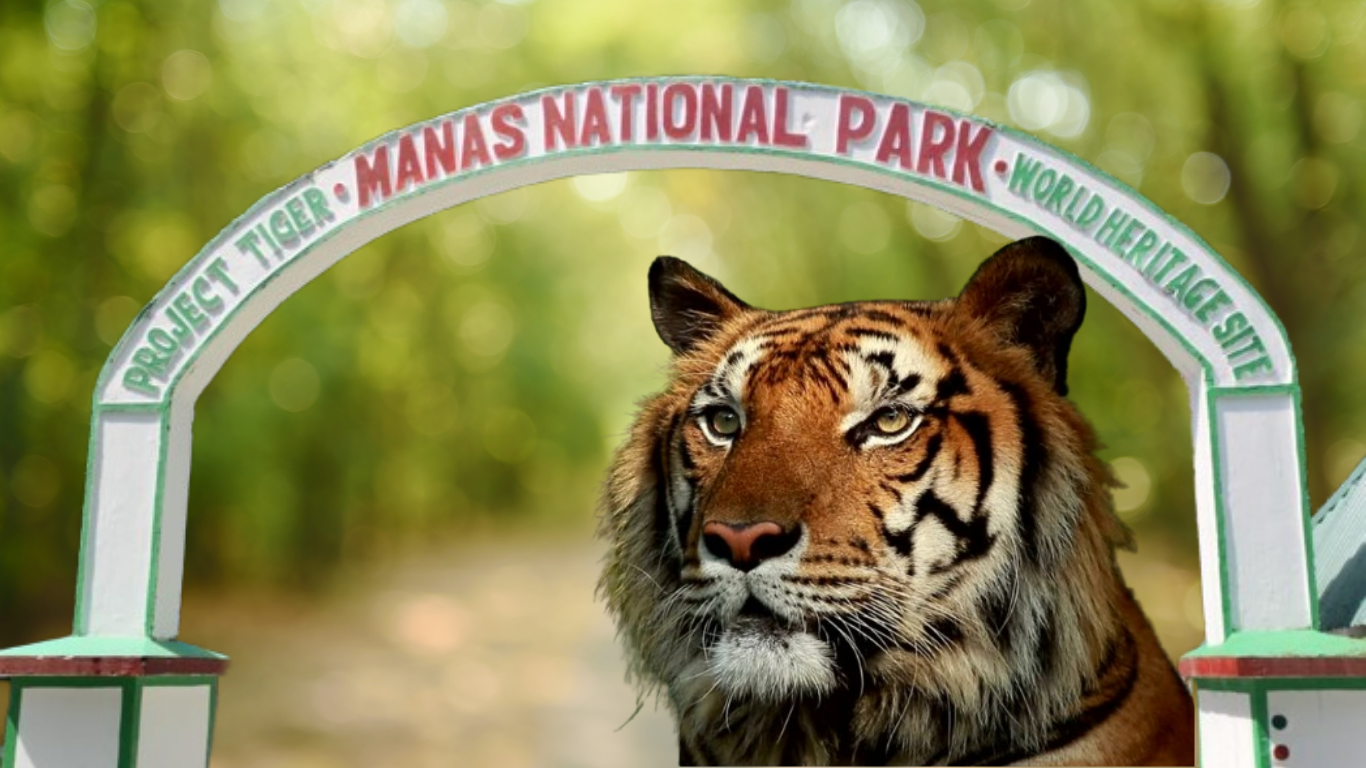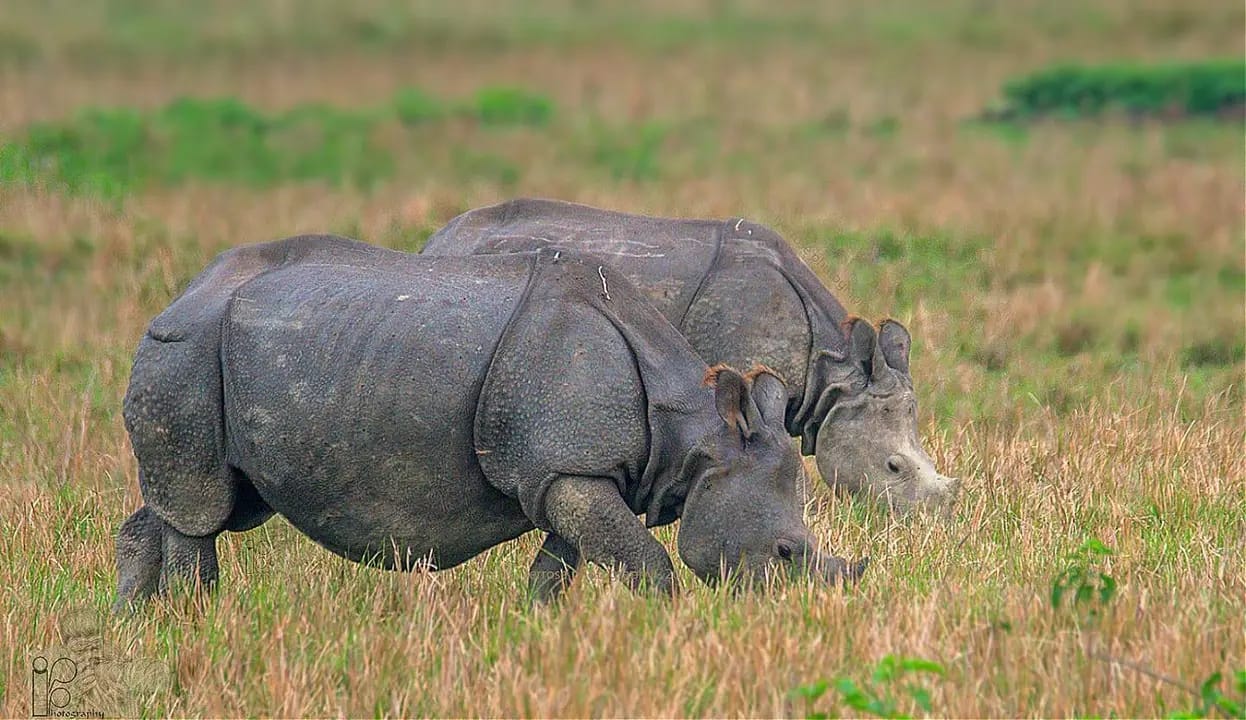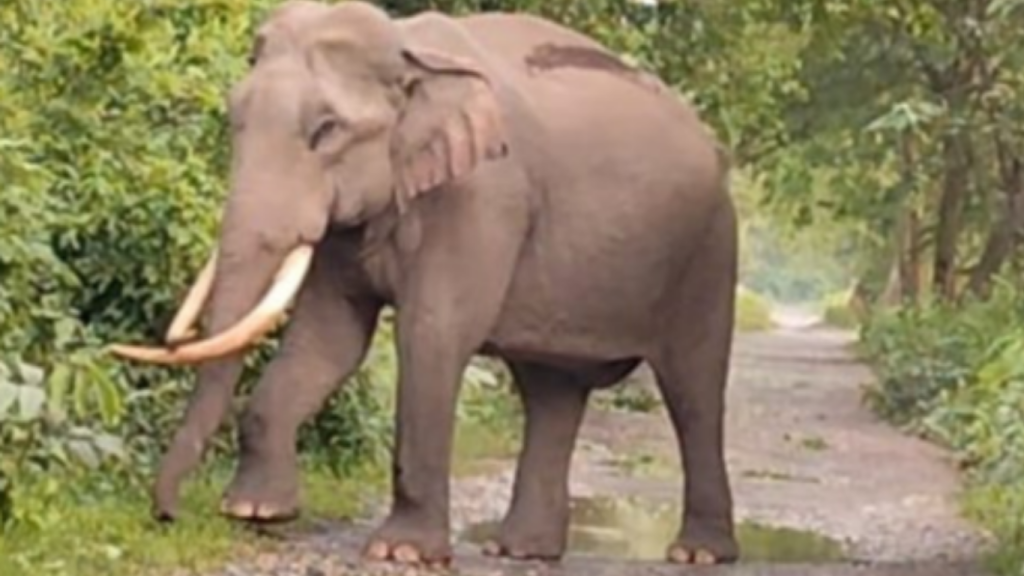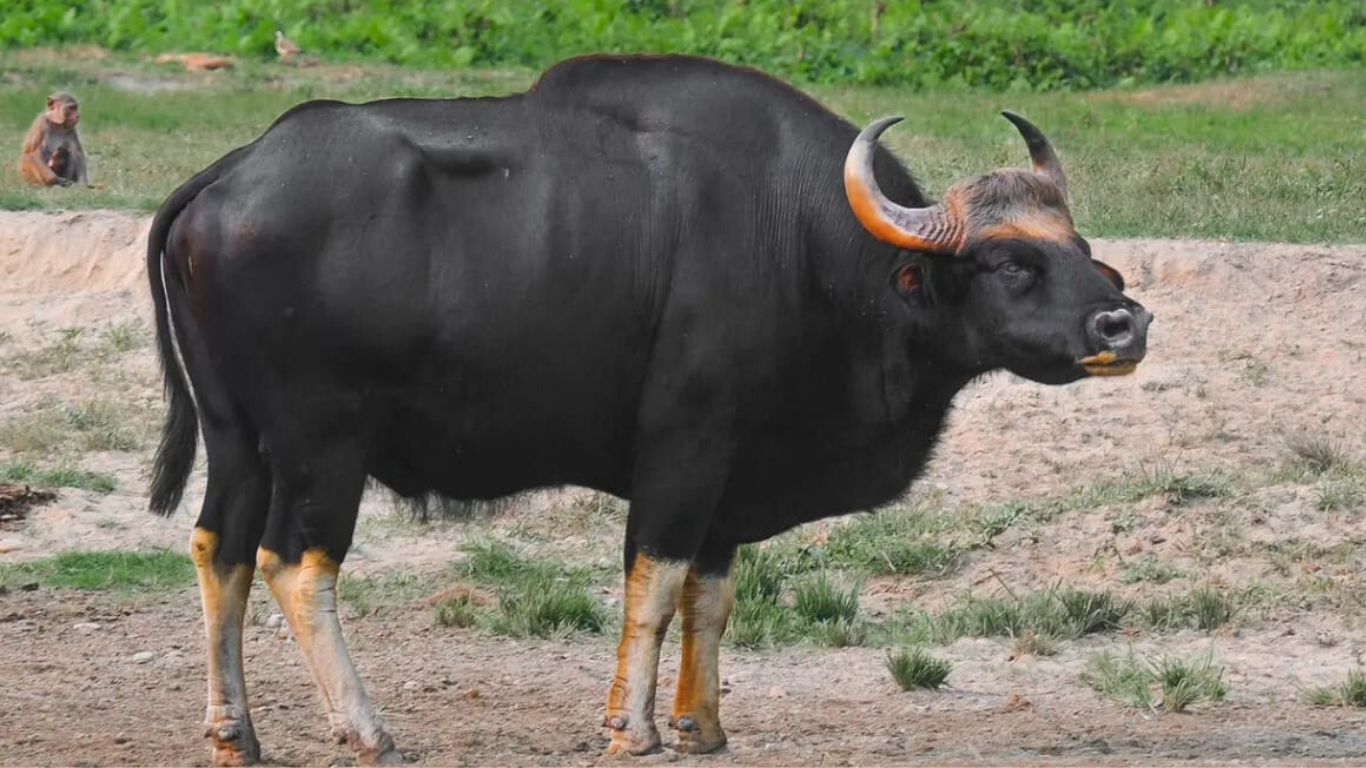


Jeep Safari, Elephant Safari, River Rafting & Resorts in Manas National Park
Book Jeep Safari, Elephant Safari, River Rafting, and Resorts in Manas National Park with Manas Jeep Safari. Experience wildlife adventure, nature, and luxury stays at affordable prices.
Welcome to Manas Jeep Safari, your trusted travel partner in Manas National Park. We offer Jeep Safari, Elephant Safari, River Rafting, and Resort Booking for wildlife lovers and adventure seekers. Explore the dense forests, exotic animals, and scenic landscapes of Manas with our customized safari packages. Whether you want thrilling rides or peaceful stays, manasjeepsafari.in brings you the best of nature and comfort. Book now for an unforgettable journey to the UNESCO World Heritage Site, Manas National Park.

Manas Safari, Zone, Slot,Timing & Price
| Jeep (Indian) | Bansbari Zone - INR 4560/ Jeep | Bhuyanpara Zone - INR 5060/ Jeep 6 Person | 3 Hours | Timing - 06:00am-09:00am | 10:00am-01:00pm | 02:00pm-05:00pm | The Price Includes Jeep & Entry Fees. Guide & Gunman Optional |
| Elephant Safari (Indian) | INR 1200/ 1 Seat |1 Hours | Timing - 06:00am-07:00am | 07:00am-08:00am | |
| River Rafting (Indian) | INR 10200/ 6 Person Including Jeep Safari | 3 Hours | Timing - 09:00am | 01:00pm | |
| Bhutan Safari (Panbang) | INR 7500/ 6 Person | 8 Hours | 08:00am to 04:00pm | |
Book Now
Welcome to Manas National Park
Manas National Park located at the foothills of the Bhutan-Himalayas in the state of Assam in North-East India. The Park is a Unique biodiversity landscape Which is said to be one Among the most stunning & pristine wildlife habitats of the world. Agame reserve since 1928, Manas is one of the first reserves included in the network of tiger reserves under Project Tiger in 1974. Declared as UNESCO World Heritage Site in 1985 and biosphere reserve in 1989, it was finally enlisted as National Park in 1990. The Manas river, from which it derived its name, flows through the heart of the National Park. Manas is home to over 20 endangered species including the Royal Bengal Tiger, Manas is also an Important Bird Area. Total Area of the Park is about 950 sq. km. Best time to Visit November to April. Closed for monsoons from June to septembers.

Manas provides habitat for 22 of India’s most threatend species of mammals.in total, there are nearly 55 mammal species, 50 reptile species, 20 species of amphibians and more than 400species of birds of which 20species are globally threatened.
Mammals: Bengal Tiger, Clouded Leopard, Black Panther, Jungle Cat, Marbled Cat, Golden Cat, Himalayan Black Bear, Sloth Bear, Wild Dog, Hog Deer, Elephant, Wild Buffalo, Great one horn Rhino, Gaur(Indian Bison) Sambar, Swamp Deer, Barking Deer, Hog Deer, Indian Spotted Deer, Wild Pig, Pygmy Hog, Golden Langur, Capped Langur, among others.

Birds: Bengal Florican, Great Wreathed, Rufous-necked Hornbills, Black-breasted Parrot Bill, Jerdon’s Babbler, Swamp Francolin, Serpent Eagles, Minivet, Broadbill, Hooded Pitta, Kingfisher, White-bellied Heron, King Vulture, Slender-billed Vulture, Marsh, Owl, Malhoha, Kalij Pheasant, Paradise Flycatcher, among others.
Reptiles and Amphibians The park is also hone to about 50 species of reptiles and 20 species of amphibians. Assam Roofed Turtle, Indian Python, Elongated Tortoise, Monitor Lizard, Gharial and Indian Python are some of the reptiles found here. some of the amphibians found here are Duttaphrynus Melanostictus, Euphlyctis Cyanophlyctis, Zakerana pierrei, Hoplobatrachus tigerinus, Ingerana Borealis, Hylarana Tytleri, Humerana Humeralis, Feihyla Vittata. among others.

Flora Manas is dominatted by four distinct types of vegetation:
- Sub-Himalayan semi-evergreen forests in the north,
- East Himalayan mixed moist and dry deciduous forests.
- Semi-Evergreen Alluvial Grasslands.
- Low Alluvial Savanna Woodland.
The park accounts for high plant diversity of about 622 plants species that include:
- 89 species of trees, 49 shrubs, 37 undershrubs, 172 herbs, 36 climbers, 15 species of orchids, 18 species of ferns and 43 species of grasses.
- A number of ethno-medicinal plants have also recorded from the park.

